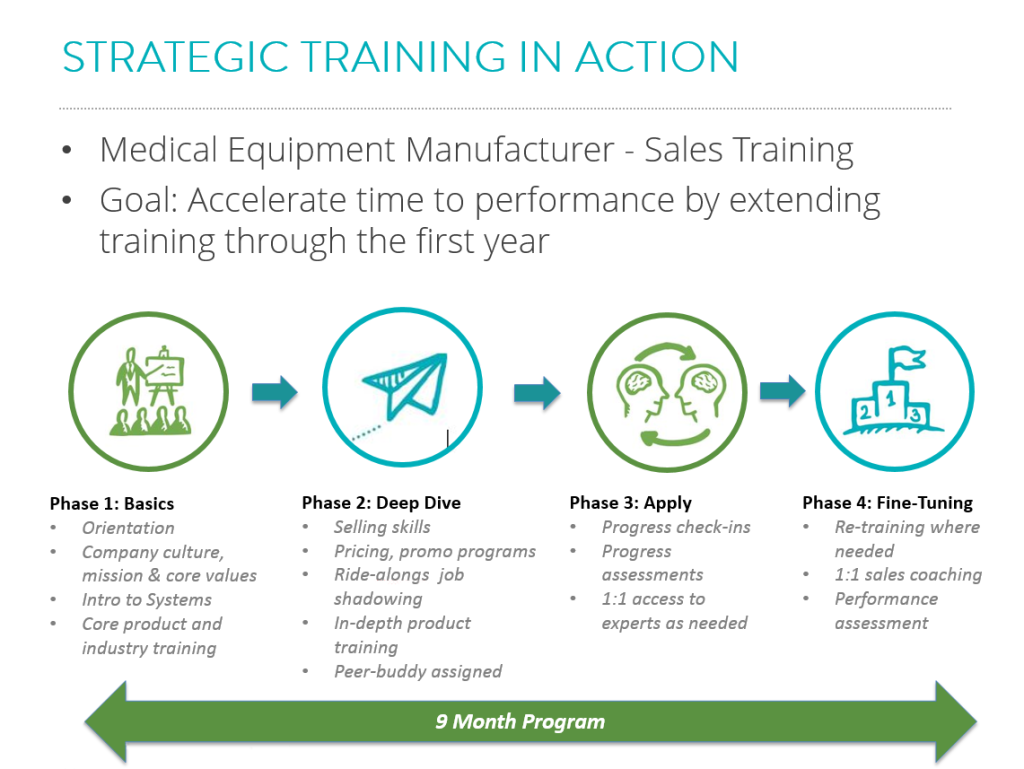For human resource recruiters and employers, the months of May and June bring excitement with the new flood of millennial graduates to pick from; bright, freshly primed from their formal studies, technology advocates, and ready to begin a new chapter in their lives.
As the festivities following graduation die down, many graduates immediately jump onboard the job search train to secure their first career spot in the real world. The economic turnaround, though gradual, has shown an improvement in the last few years in providing new graduates with the opportunity to put their studies to the test. A nationwide study from CareerBuilder.com and CareerRookie.com reported 53% of over 2,000 human resources and hiring professionals surveyed showed a commitment in hiring new college graduates in 2013.
What does this mean for our upcoming 2014 college graduates ready to enter the work world with a spanking new degree? According to the Job Outlook 2014 Spring Update survey from the National Association of Colleges and Employers (NACE), 48.8% of companies are planning to hire college graduates, demonstrating an 8.6% increase from the previous year’s survey results. This provides a positive outlook for many college graduates wishing to embark on their career journey directly following graduation.
As companies dust off their welcome mats for a new batch of college hires, some are even modifying their practices to make the application process more appealing to the tech-savvy millennial generation. Ernst & Young is preparing to extend offers to 7,200 new graduates of 2014. In doing so, the company is planning to draw the attention of these candidates through an implementation of new mobile gadgets for better accessibility to their career website and information.
Although this is good news for new college graduates, the actual work is an ongoing process that exists beyond the offer letter. Job and career opportunities prosper in environments with open communication, training, and involvement in the workplace. While new hires and employers should both meet halfway to sustain them, reality shows otherwise. The Cost of Millennial Retention report found 54 percent of respondents said they’re losing Generation Y employees more quickly than older workers. How does this translate into monetary figures? About 87% of the surveyed HR professionals within the same study reported that it cost around $15,000 to $25,000 to compensate for the loss of one millennial employee.
To put energy in hiring a new college graduate but lacking the investment in their development within the organization will create setbacks. What ultimately takes place is an unnecessary increase in replacement training expenditures, a loss in employee engagement and retention, and a dent in the corporate bottom line.
Here at Chronus, we’re seeing an increased focus on a) adequately training new hires and b) helping new employees learn and grow in their jobs. The millennial generation values direction and feedback, and with the new hires attrition rates already high, more companies are making dedicated investments in a longer-term, blended learning approach to training for improved worker engagement, enthusiasm, and learning retention.
An example of blended learning within a new hire training program is shown below. One of our customers is currently using Chronus software to provide a mix of formal classroom and on-the-job training in a nine-month new hire program. Here’s a glance at their program:
With software to set program goals, milestones, and workflows, our customer is able to measure the results in terms of learning effectiveness and return-on-investment (ROI). Additionally, they are able to spot any issues that crop up, provide quick feedback, and ensure that new employees move forward along the path to successful productivity.
We know the new class of 2014 will likely be well-versed, determined, and eager to excel in an environment that will challenge and exercise their years of formal training. Millennials make up 35 percent of the workforce, with this percentage expected to soar to 75% for global millennial workers in the year 2025. The time is better than ever to start a new hire training program that promotes effective learning for a more engaged employee with a faster time-to-productivity.
Companies willing to put in the hard work of new hire training for college graduates will be pleasantly satisfied by the outcome of their investment.

